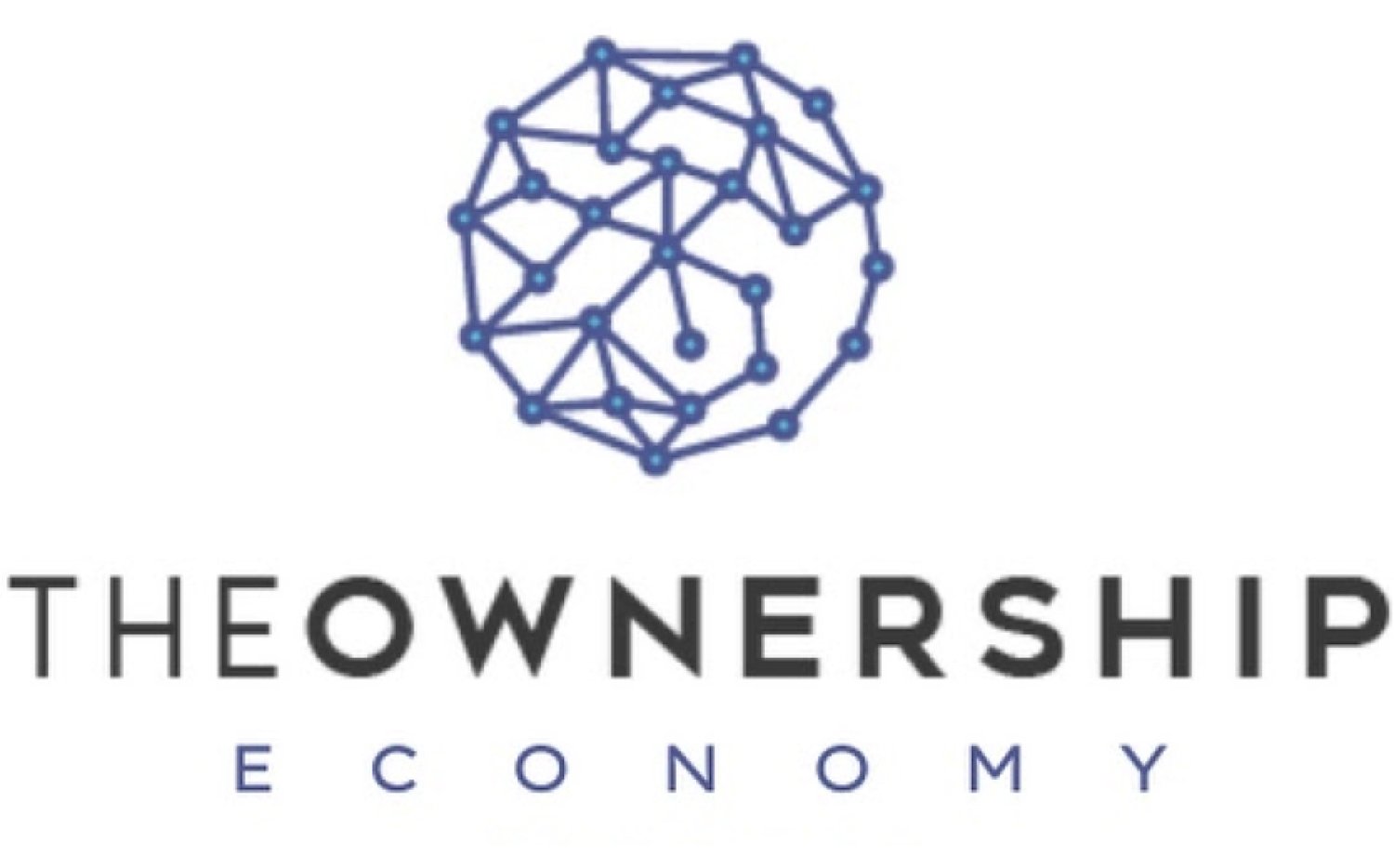Reclaiming Land Ownership in Black and Indigenous Communities
The connection to land is foundational to the cultural identity, spirituality, and livelihoods of Black, Indigenous, and people of color (BIPOC) communities in the United States and globally. Unlike the capitalist view of land as a commodity for profit, these communities see land as a life source, to be collectively and cooperatively stewarded based on ancestral knowledge and traditions.
However, the history of White supremacy and racial capitalism has severed this bond, through mechanisms such as genocide, slavery, and land dispossession. Despite these historical injustices, there is a growing momentum for land reclamation and return among Black and Indigenous communities. Leading this movement are organizations that provide equitable and nonextractive financing to farmers, land stewards, and entrepreneurs, rooted in their cultural values.
From Land Theft to Land Return
US capitalism was built on land stolen from Indigenous tribes and the forced labor of enslaved Africans. Post-slavery, Black Southerners began acquiring land, but by the late 1990s, nearly 90 percent of Black farmland was lost due to mechanisms including lynchings and legal manipulations. Concurrently, Indigenous peoples were confined to reservations, further reducing their lands significantly by the 1930s.
Today, nearly 87 percent of Indigenous people in the US live off-reservation, highlighting the critical need for land reclamation. The rapid decline in Black and Indigenous land stewardship has impaired these communities' ability to grow and harvest food, contributing to health disparities. Land ownership is closely tied to wealth accumulation, and discriminatory practices have exacerbated the racial wealth gap. A 2009 federal estimate valued US land at $23 trillion, indicating the vast wealth stolen from these communities.
Innovative Financing Solutions
To address these historical injustices, BIPOC-led funds like the Black Farmer Fund (BFF) and the Moonsoon Fund are pioneering efforts to support land recovery and food stewardship. These funds are designed to offer nonextractive financing that prioritizes community needs over financial returns.
The Black Farmer Fund (BFF)
Co-led by Black farmer-activists Karen Washington and Olivia Watkins, BFF aims to nurture Black community wealth and health by investing in Black agricultural systems in the Northeast. The fund provides nonextractive financing, technical assistance, business coaching, and networking support to Black farmers and food system entrepreneurs. The first round of BFF's $1 million pilot fund attracted over 50 applications, financing projects like the Black Yard Farm cooperative and Rootwork Herbals.
The Moonsoon Fund
The Moonsoon Fund focuses on creating a US impact investment fund that provides restorative capital to Indigenous women-owned businesses. The fund operates under a rematriation framework, which emphasizes Indigenous women's roles as economic leaders. This approach seeks to challenge traditional underwriting practices and support businesses that are relational, rooted, restorative, regenerative, and revolutionary.
Challenging Traditional Financial Models
Both BFF and the Moonsoon Fund employ innovative financial models to disrupt conventional practices. BFF uses a community-led governance structure with a consensus-seeking process, ensuring that capital flows equitably to those advancing food sovereignty and local economies. The fund also adopts an integrated capital approach, blending monetary and non-monetary resources to support businesses holistically.
Similarly, the Moonsoon Fund, developed by Roanhorse Consulting LLC, uses a trauma-informed approach to finance, centering lived experiences and Indigenous knowledge. It redefines risk by considering the impact on communities rather than investors, and challenges funders to think beyond extractive returns.
Building for the Future
The efforts of the BFF and Moonsoon Fund illustrate the potential of an alternative economic paradigm where Black and Indigenous communities steward their financial infrastructure. These funds serve as models for closing racial wealth gaps and promoting self-determination through significant investments and asset transfers of stolen land. The collective ownership and cooperative governance of land can bolster economic power and self-determination for BIPOC communities, contributing to a more equitable and sustainable future.

